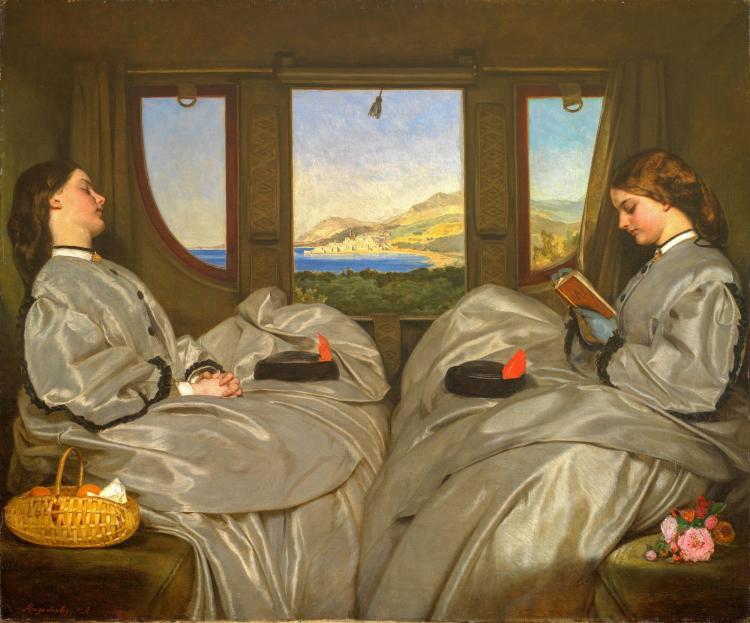So, this year I read 73 books. I thought that was about average but when I checked Goodreads it's actually slightly above because for the 4 years before that my totals were in the late 50s and 60s. (2014 was a complete anomaly with 101 and I'm still not sure how that happened as I'm not a fast reader.) Very happy with 73, so quantity was fine, but what about quality?
First of all I'll list my favourite books of the year.
Non-fiction:
The Mitford Girls by Mary S. Lovell. This was so interesting that it almost read like fiction. I particularly enjoyed the World War 2 sections.
21st. Century Yokel by Tom Cox. I didn't review this one properly but it was a delightful book about walking in the Devon countryside and about the author's life and family.
In the Garden of Beasts by Erik Larson. Excellent account of Germany in the 1930s before the outbreak of WW2. Will definitely be reading more by this author.
The Year of Living Danishly by Helen Russell. A warts and all look at moving to Denmark and trying to assimilate. It left me with a very strong sense of what Denmark is like.
Fiction:
How the Light Gets In by Louise Penny. A simply brilliant installment of the Armand Gamache series in which a lot of loose ends are finally tied up. Brilliant.
The Pale Horse by Agatha Christie. Not quite the usual thing from Christie as it's not Poirot or Miss Marple and nor is it set in a country pile. But I thought it was huge fun and couldn't put it down.
State of Wonder by Ann Patchett. Pharmaceutical shenanigans in the Amazon rain forest. 'Wonderful' sense of place and beautiful writing.
An Incomplete Revenge by Jacqueline Winspear. Maisie goes hop-picking in Kent. My mother went as a child, how could this book possibly fail?
So... 22 non-fiction books read this year, out of 73. Somewhere between a third and a quarter. I always think I sould read more, it never happens so I need to resign myself to that and 22's not bad anyway.
So, what about quality as opposed to quantity? I found I was able to choose the best non-fiction much more easily than the fiction. For some reason certain non-fictions really stood out, but very few fiction books did. Yes, they were mostly good and I enjoyed the vast majority, but not that many were really fantastic. Thus, I have to say that my book of the year is this:
The Mitford Girls by Mary S. Lovell. It was just brilliant. Very readable and of course it didn't harm that the Mitford sisters were such an interesting and in some instances, contraversial, family. Terrific book.
One thing I must mention is that this year was a year in which I rediscovered the Maisie Dobbs series of historical crime books, thanks to Judith at Reader in the Wilderness. What a joy they are and I'm planning to crack on with the series in 2020... but that's for another post.
The other thing I want to mention is that I attempted 5 challenges this year and completed 4. That led to me reading a vast amount of crime stories and quite a few books about European countries. So that worked very nicely for me but if I'm honest, 5 is too many, I ended up virtually blogging about every book I read and that was tiring. In 2020 I'll be doing just 2 and suspect that will work much better for me.
Happy New Year to you lovely folk who regularly visit my book blog and comment and engage in lovely conversations about books. Thank you, you've no idea how much I appreciate it.



















































